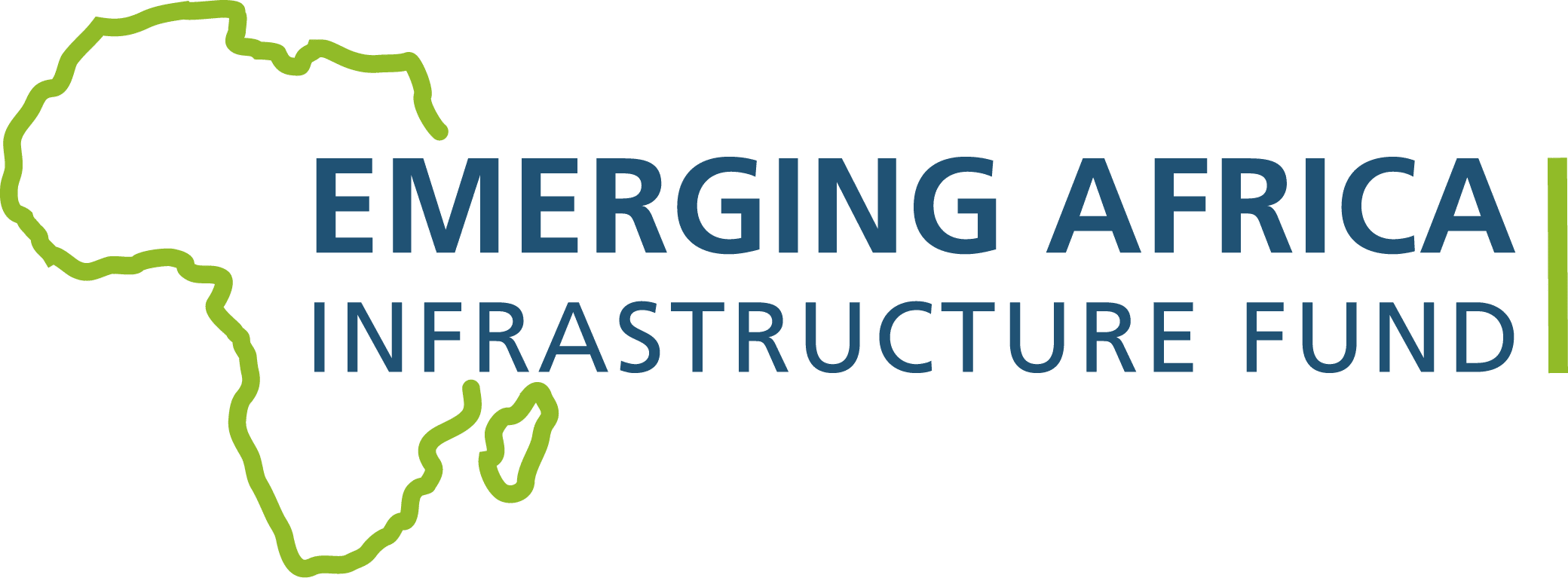Rwanda celebrates success of Lake Kivu methane to electricity project
As President Kagame welcomes success of Lake Kivu methane to electricity project, EAIF Chair says “Project benefits everyone.”
PIDG member, Emerging Africa Infrastructure Fund arranged project finance and loaned US$25 million. “Project benefits everyone,” says EAIF Chair
President Paul Kagame of Rwanda yesterday (16 May) joined local people and dignitaries from across the world at a ceremony at Kibuye on Lake Kivu to inaugurate the KivuWatt project, the world’s only facility for extracting naturally occurring methane gas which is then used to generate electricity.
By reducing the amount of gas in Lake Kivu, the possibility of a gas release caused by natural forces will be reduced. Because of the Lake Kivu development, Rwanda now has a safer lake, greater electricity generating capacity, cheaper and more reliable electricity and the Lake Kivu area has become more attractive as a business location.
President Kagame said, “Many people thought it was impossible to be successful with this but we are happy today that things have proved to be different.”
Finance for the project was co-arranged by EAIF, which also provided US$25 million in senior debt.
“This is a project of benefits for everyone,” says David White, Chairman of the Emerging Africa Infrastructure Fund (EAIF).
EAIF is part of the donor-backed Private Infrastructure Development Group. EAIF is funded by the governments of the UK (DFID), Switzerland (SECO), Sweden (Sida) and The Netherlands (DGIS) and by private sector banks and development finance orgnisations. EAIF’s primary purpose is to stimulate private sector infrastructure projects that help develop new sustainable economic activity and new jobs, thus helping to reduce poverty.
Expanding on EAIF’s involvement in the project, David White says,
“EAIF made the project finance possible. The developers, Contour Global, have overcome great technical challenges and now have an energy business in Rwanda set for commercial success.
“The greatest prizes go to Rwanda which will use the electricity to build a more sustainable economy that produces jobs and new investment. All of this in tandem with cutting the risk to human life makes this a remarkable infrastructure project in every way. We are proud to have been involved in its creation.”
The Lake Kivu project represents a significant boost to Rwanda’s electricity generating capacity. The country – one of the fastest growing in Africa – has very low levels of electrification and heavy reliance on imported diesel. Contour Global’s technology is the first in the world to successfully develop engineering and processes that makes it possible to use Lake Kivu’s methane gas to generate electricity. The facility, which has been fully operational since December 2015, produces 25MW of power and has helped Rwanda achieve 20% electrification. By using a locally available and abundant fuel, Contour Global is helping to significantly reduce Rwanda’s electricity costs. The company yesterday announced that its Lake Kivu operations are exceeding expectations. It expects the facility to produce 34MW by the end of next year and 100MW by 2019.
Nazmeera Moola, head of EAIF at the Fund’s manager, Investec Asset Management, says,
“The Fund has had a long-term commitment to the development of the KivuWatt project, providing both US$25mn in long-term debt financing and acting as a co-arranger on the transaction. KivuWatt provides a big addition to Rwanda’s energy mix by delivering base-load power in a fast growing country with rapidly rising electricity demand.”
Among the businesses benefiting from the proximity of the new power station is the area’s tea planters. They have been able to increase the productivity of their processing and packaging operations, which is good for jobs and the local economy. Other economic developments, particularly in leisure and tourism, are now more likely and public services like education and health care can be more productive because of more reliable electricity.
Since 2002, EAIF has committed over US$ 1.2 billion to 63 projects in 20 countries.
The Private Infrastructure Development Group (PIDG) was set up by a number of Western governments in 2002 to help overcome obstacles to private sector involvement with private infrastructure in sub-Saharan Africa. To learn more about PIDG and its operating facilities that provide a range of financial products in Africa and Asia.
